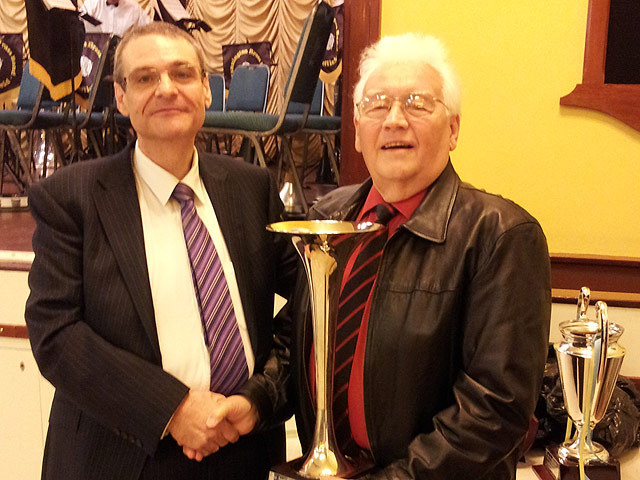Harry Levine, a Queens College sociology professor who calls this country’s massive law enforcement spending and incarceration rates for marijuana a national disgrace, does an interview with New Inquiry and explains why there are so many such arrests.
Police make so many because they are easy arrests and because significant constituencies within police departments benefit from the arrests. Police work can be dangerous. Ordinary patrol and narcotics police like the marijuana arrests because they are relatively safe and easy. If an officer stops and searches 10 or 15 young people, one or two of them will likely have a bit of marijuana. All police have arrest quotas and often they can earn much-desired overtime pay by making a marijuana arrest toward the end of a shift. In New York City, arresting people for petty offenses for overtime pay is called “collars for dollars.” Every cop in the city knows that expression. From the officers’ point of view, people possessing marijuana are highly desirable arrestees. As one veteran lieutenant said, people whose only crime is marijuana possession are “clean,” meaning physically clean. Unlike junkies or winos, people arrested for marijuana don’t have HIV, hepatitis, or even body lice. They are unlikely to throw up on the officer or in the police car or van. Frequently they are on the way to a party or a date, and if they have smoked a little, they may be relaxed and amiable. Marijuana arrests are a quality of life issue – for the police.
Police supervisors at all levels also like the marijuana arrests for many reasons. The arrests show productivity and the written records demonstrate where the cops they supervise have been. Some supervisors make overtime pay when the officers under them make overtime. Making many low-level arrests of all kinds is very good for training rookie police who gain valuable experience doing many stops and searches of teenagers. If new officers screw up the paperwork or fingerprints on a pot arrest, it doesn’t matter because nobody really cares about the arrests. Also, police commanders can temporarily reassign officers making misdemeanor arrests if a crisis comes up – a fire or car wreck, the president is in town, there’s a riot or a big parade – and no investigation is affected, no crime spikes. This “reserve army” of police making many misdemeanor arrests keeps the cops busy, provides records of their whereabouts, and gives commanders substantial flexibility. There is also a push nationally, to states, counties, and city police departments, to get as many new people as possible into the criminal databases. There is nothing else police do that gets so many young people without criminal records into the criminal databases.
Finally, through Bryne Grants, a “war on drugs” program begun under Bush Senior and Clinton, and through other federal grants, the U.S. government gives states and police departments funding to buy things they want and need: cars, computers, cameras, overtime, anything. And local law enforcement can use their “drug arrests” — including the many marijuana possession arrests — as evidence of productivity for the grants. In effect, the U.S. government has been subsidizing the arrests and jailings of hundreds of thousands of young blacks, Latinos, and whites.
But in reality, it’s rarely white people being arrested:
In New York City, nearly 90 percent of the people arrested for marijuana possession are blacks and Latinos. In Chicago in recent years, only five percent of the people arrested for possession were whites. In many cities including Los Angeles, Chicago, and New York, police have arrested blacks for marijuana possession at seven times the rate of whites, and Latinos at three to four times the rate of whites. In Ocean Hill-Brownsville in Brooklyn, where 90 percent of the residents are blacks and Latinos, the marijuana arrest rate is 150 times higher than on the Upper East Side of Manhattan, where Mayor Bloomberg lives where the 90 percent of residents are white.
Years of federal studies have found that young whites use marijuana at higher rates than young blacks or Latinos, but the young people of color are far more likely to be stopped, frisked and searched by police than young whites. As New York Times columnist Jim Dwyer titled one of his pieces, “Whites Smoke Pot, But Blacks Are Arrested.”
Middle-class and upper-class white people, on the other hand, are rarely arrested for marijuana possession. The places nationally with the lowest rates of possession arrests are wealthy, white, suburban counties. Middle- and upper-class white people do not want their children arrested, jailed, and saddled with permanent criminal records – and by and large they have the power to prevent that. They also rarely get summonses, have to appear in court, and pay hundreds of dollars in fines and court costs for possessing small amounts of marijuana. For middle-class and upper-class people, the policy has long been: no arrests, no tickets, no fines. It is scandalous that the law is applied so differently against low income families and neighborhoods, and for people of color.
Scandalous doesn’t even begin to cover it. A disgrace is exactly what it is.

